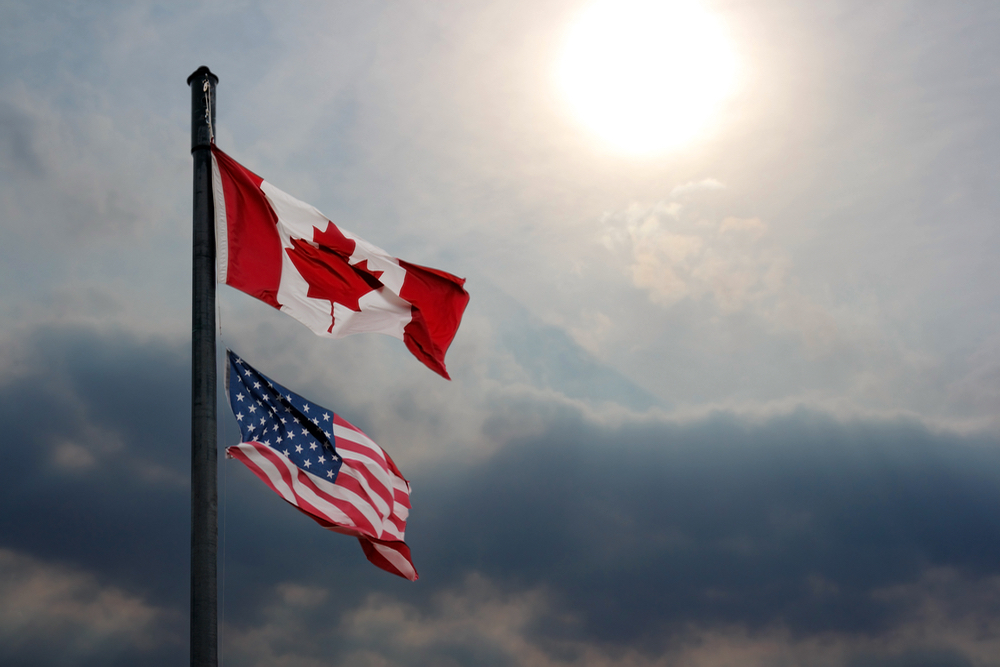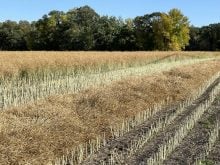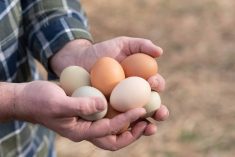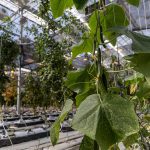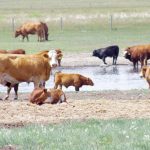Recent events should force Canadians to rethink our country’s relationship with the U.S. Canada will always be a mouse in bed with the elephant, but we need to realize the elephant is sick.
American leadership is deeply corrupted, with President Donald Trump making clear he values economic and personal gain over human life. He has proven to be a liar willing to mislead American citizens, and continues to contribute, arguably more than anyone else, to the growing political divide festering in the U.S.
How much our southern neighbours suffer as a result is yet to manifest, but domestically, their nation appears increasingly dysfunctional.
Read Also
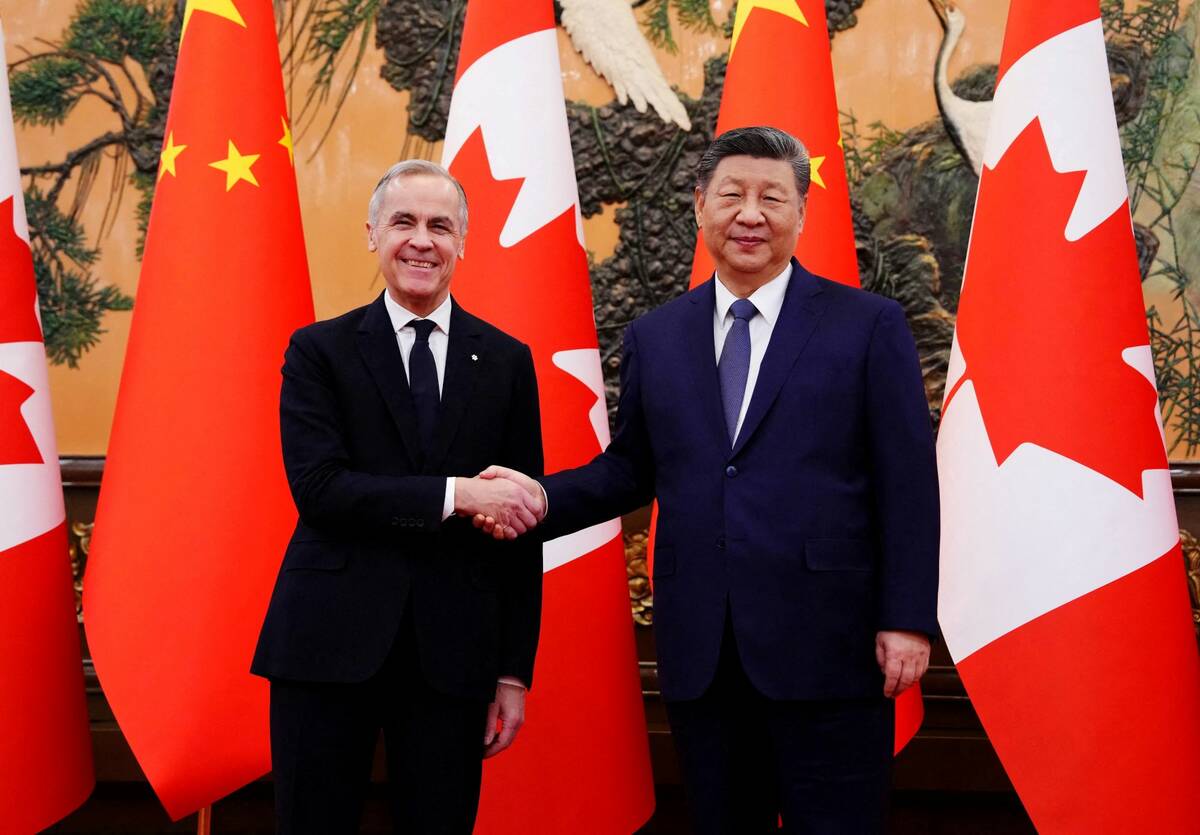
Pragmatism prevails for farmers in Canada-China trade talks
Canada’s trade concessions from China is a good news story for Canadian farmers, even if the U.S. Trump administration may not like it.
So far, Canadian leaders have been unwilling to truly stand up to Trump. They were bullied into renegotiating the new Canada-U.S.-Mexico trade agreement, with Canada’s dairy industry taking a hit as a result. While the renegotiated deal was largely dubbed a “win” by farm groups and agri-food businesses, the threats and bad-faith bargaining employed by the U.S. should leave a bad taste in Canadians’ mouths.
Our political leaders meekly grumbled along as Trump imposed unfair tariffs and backed out of commitments to address climate change, too. This is a president who openly mused about sending armed troops to the border and tried to stop much-needed medical supplies.
If not now, then when is it a good time to alter this relationship?
As America descends further into protectionism and continues thumbing its nose to international trade and order, Canada is attempting to take a leadership role in advocating for rules-based free trade.
More is needed. The U.S. is being ravaged by COVID-19, meaning the border is likely to remain closed. Further economic damage will inevitably follow.
There have been many calls for Canada to become more resilient and self-reliant in the future, including some who suggest our food-processing capacity needs to drastically increase if we are to be a truly food sovereign nation. These calls should be seriously considered.
We’re fortunate to be in a country with an abundance of raw materials – it’s one reason why we’ve been such a valuable trade partner on the international stage for so long. But Canadians should be calling on elected officials to ensure our supply chains aren’t reliant on the impulses of leaders in other nations.
In short, Canadians should resurrect an old idea: the so-called “Third option” first proposed in 1972. In seeking how to live “distinct from, but in harmony with” the United States, former Canadian secretary for state for external affairs Mitchell Sharp argued Canada should, “develop and strengthen the Canadian economy and other aspects of its national life and in the process reduce the present Canadian vulnerability.”
Sharp was suggesting Canadians should diversify trade with other nations and, at the same time, increase its own self-sufficiency. Efforts being made to pursue trade deals outside of the United States should be supported by all Canadians. Even if such deals (like the EU trade deal) don’t immediately offer the same economic benefits as our current relation- ship with the United States, they hold the potential to be strengthened with time.
It is impossible, of course, to fully sever ties with the United States. And diversification will take time. But Trump’s unpredictability and the scourge of the plague are two very good reasons to start thinking about sleeping with others, or alone.




